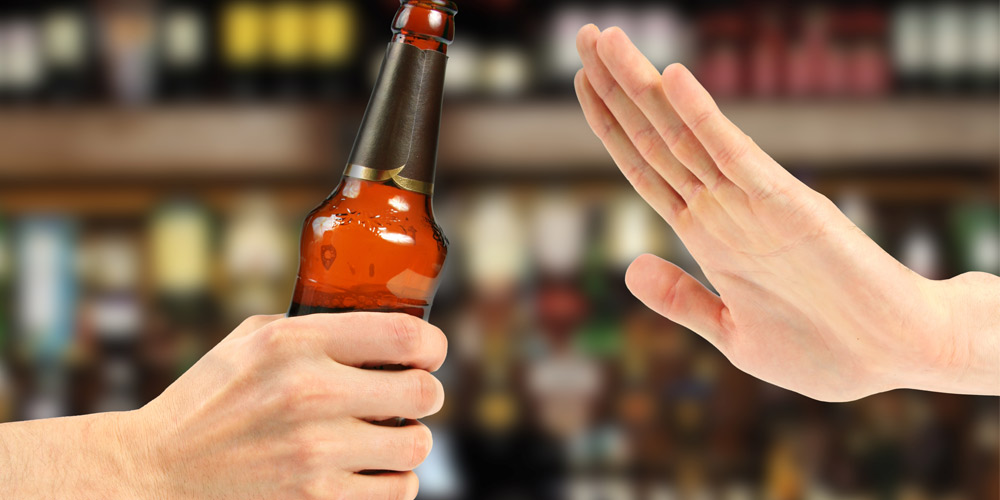Retail Express’ latest front page (November 1) uncovered a loophole in the alcohol licensing system that is allowing law-breaking retailers to carry on trading in the convenience sector.
We spoke to Sergeant Kimble Enderby of Lincolnshire Police’s Alcohol Licensing team, whose department submitted the licence review into a retailer who was found to be exploiting illegal workers.
Q: What will be the next steps in Kaluarachige’s case?
A: In his stores, we discovered illegal workers who were being paid below the minimum wage, and illegal workers who didn’t have the right to work in the UK. We’ve submitted a licence review on both premises.
In most cases like this, you’re looking at around 2 months between the police discovering illicit activity and the date of a licence review hearing. In a lot of cases the store suddenly finds a new owner – and Kaluarachige’s case has followed that pattern. One of his stores has been sold, the other is due for a hearing on November 14.
“There’s no national database of licence holders to track those who breach their licence terms”
If we dig a bit deeper and ask to see evidence such as proof of purchases, we often find a link between the new and previous owner.
In the time between submitting the paperwork and securing a date of review (October 25), the owner claimed to have sold the business. We’ve looked but we cannot find a link – if we could, we’d object to the new owner.
Q: Are retailers who commit offences like this blacklisted from opening new stores?
A: If he was to take up another business in Lincolnshire, we could object to it. But at the moment there’s no national database of licence holders to track those who breach their licence terms.
If, for example, he went to Derbyshire and attempted to open a new store, he would only be prevented from doing so if he voluntarily mentioned these breaches.
Q: Why aren’t retailers like Kaluarachige made to tell authorities about past offences?
A: There used to be a ‘fit and proper person’ section on the licensee application form that would require applicants to disclose information like this, but he wouldn’t have to voluntarily divulge it if he opened a business in another county.
It’s frustrating for us. We’ve got better at working with the forces closest to us – we work closely with forces like Humberside and Peterborough – but if someone came up from Kent or London, it would be difficult for us to know about any previous licence breaches unless they had criminal offences on their record.
This won’t necessarily lead to a criminal conviction; the immigration authority might deal with this with a civil penalty. When it comes to breaches of licence agreements, most people don’t have a large criminal offending history – and unless retailers have criminal offences on their records, we can’t look into their licence breaches because there’s not a large system that records them.
Q: What does this mean for responsible retailers?
A: The biggest frustration is that responsible, legitimate retailers are doing everything right and yet they’re supposed to compete with retailers like this.
Any crime committed on a licenced premises is adding to that unfairness, whether it’s breaking employment law or selling illicit tobacco and so on. It isn’t an even playing field – if a retailer is paying illegal workers £5 per hour, the legitimate stores will be hugely undercut, especially with the living wage continuing to go up.
Usually we find businesses that don’t follow minimum wage laws are engaging in other illegal activity, like selling age-restricted items to children.
Q: How are police forces working to ensure that there are consequences for retailers who break the law? Could more be done?
A: I think the symbol groups could be taking a bigger stand against these retailers. We’ve just started working quite closely with Camelot, who are removing National Lottery terminals from those who commit offences. They don’t want their business tarnished by these retailers. We’re hoping other businesses will follow suit.
We want to give legitimate businesses a voice – 95% of retailers are legitimate, and we have nothing to do with them. Unfortunately, we have an awful lot to do with those who are breaking the rules.
People who are doing everything right should be getting more visits and time, but because police resources are shrinking it’s hard for us to make that happen – it isn’t fair.





Comments
This article doesn't have any comments yet, be the first!